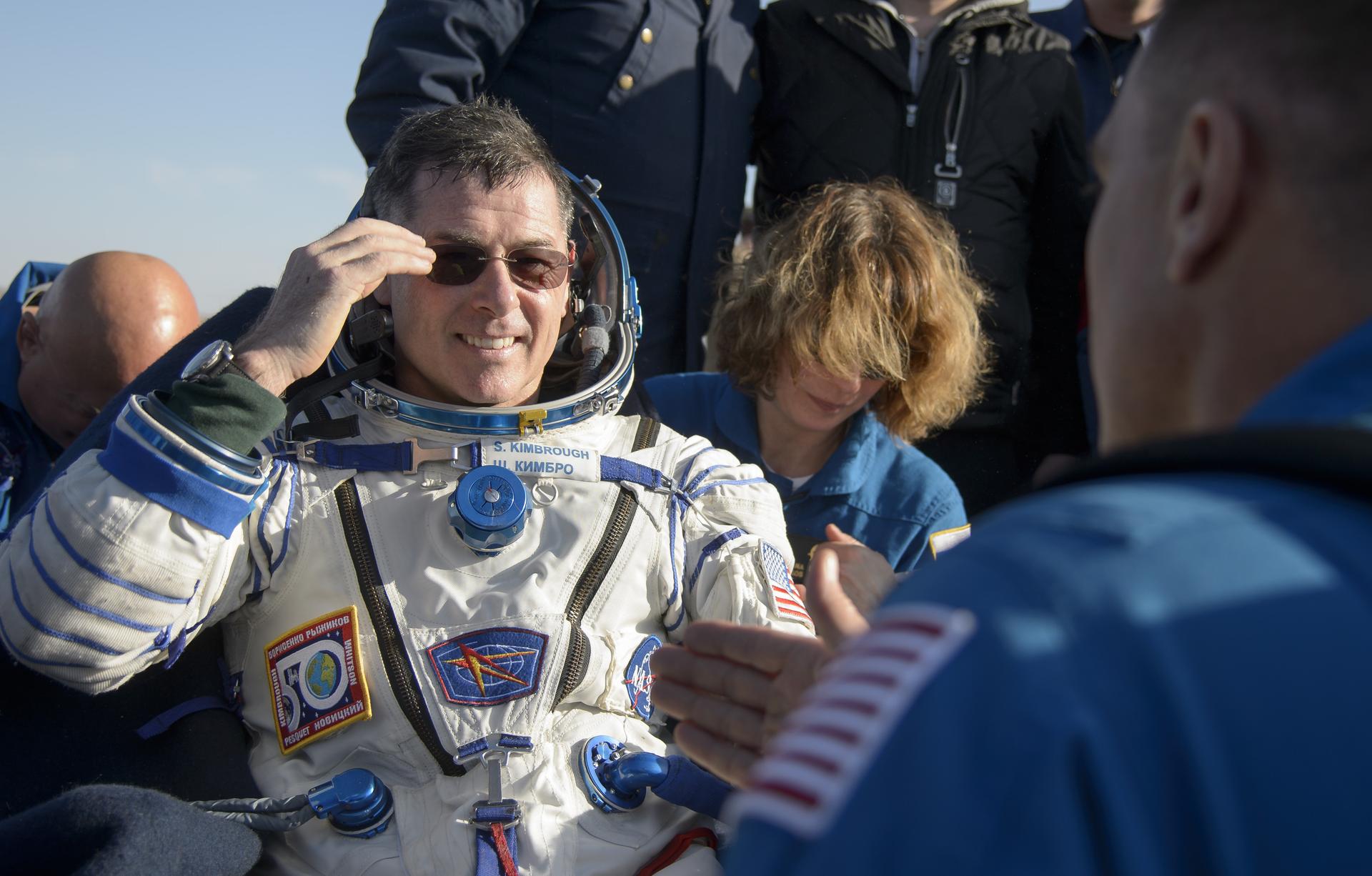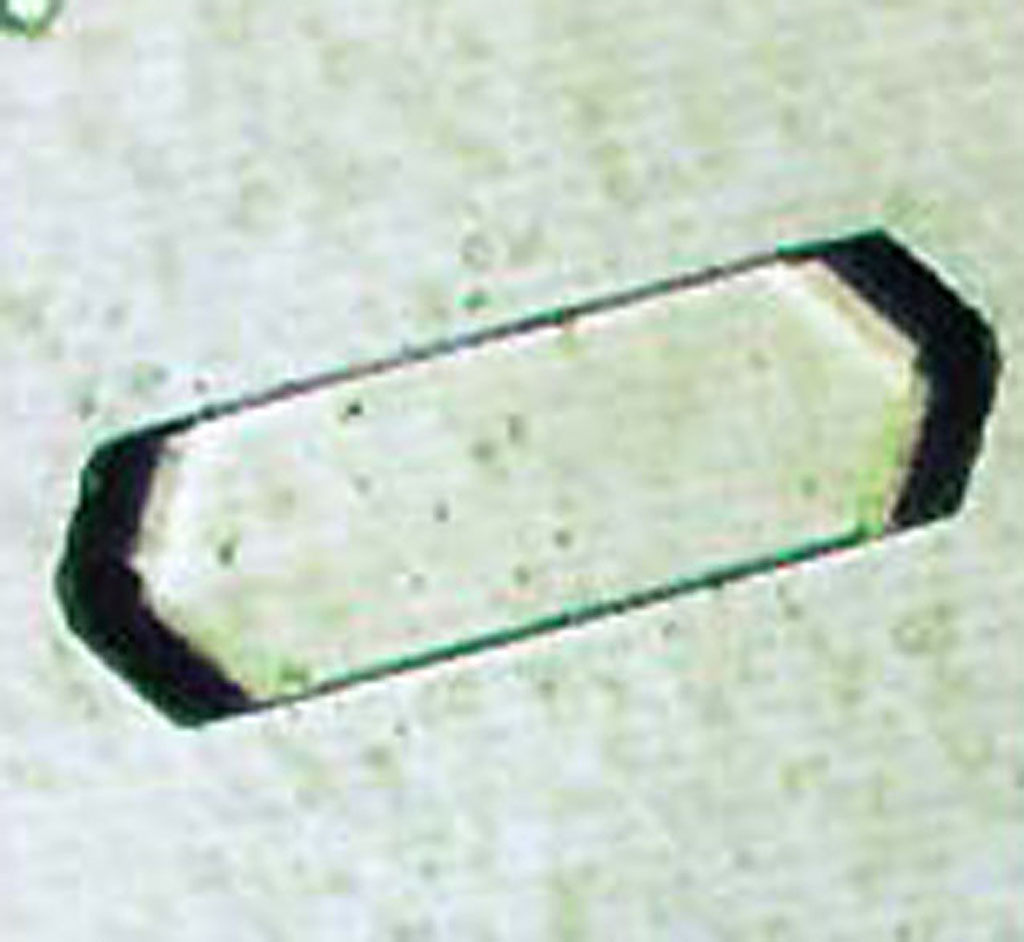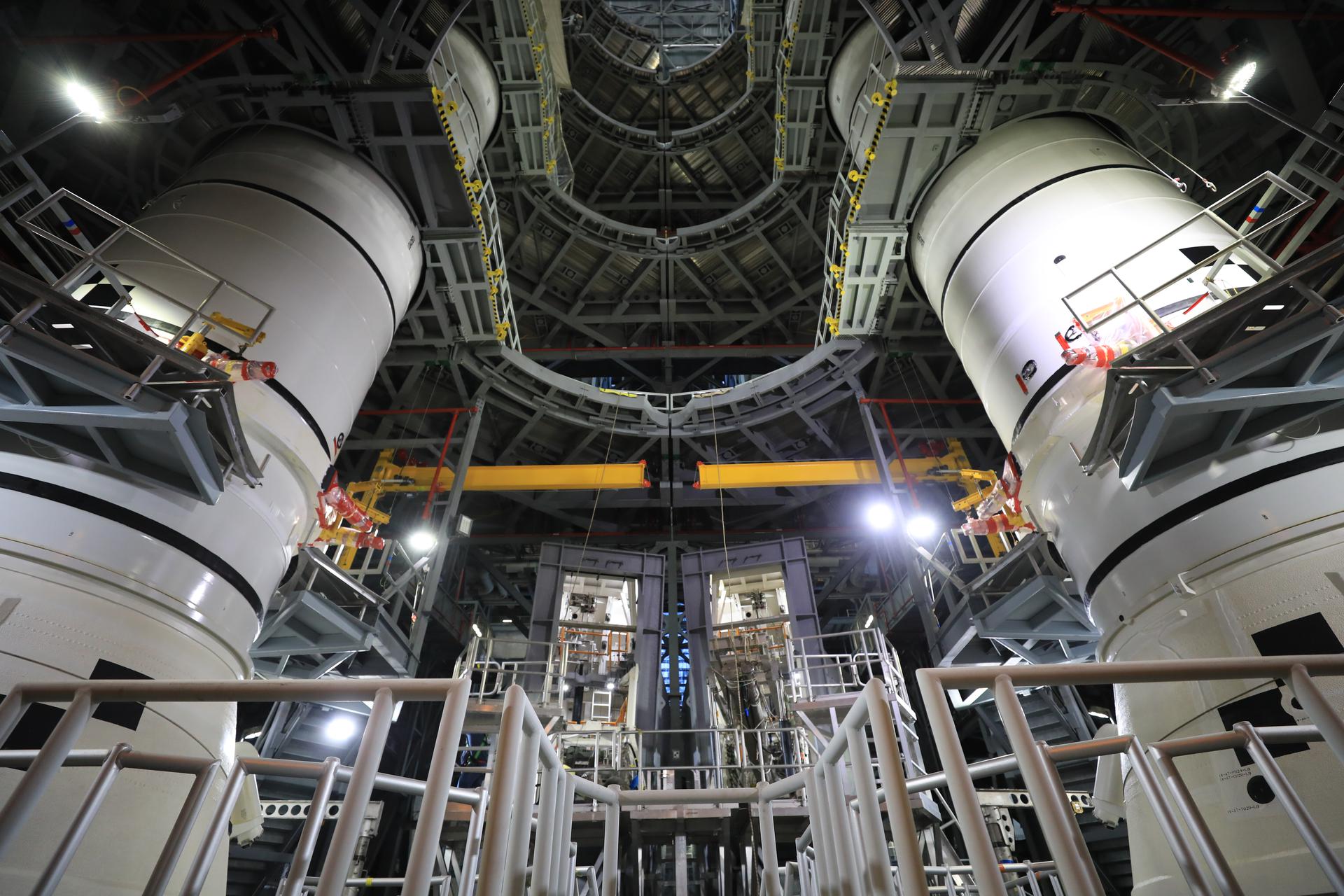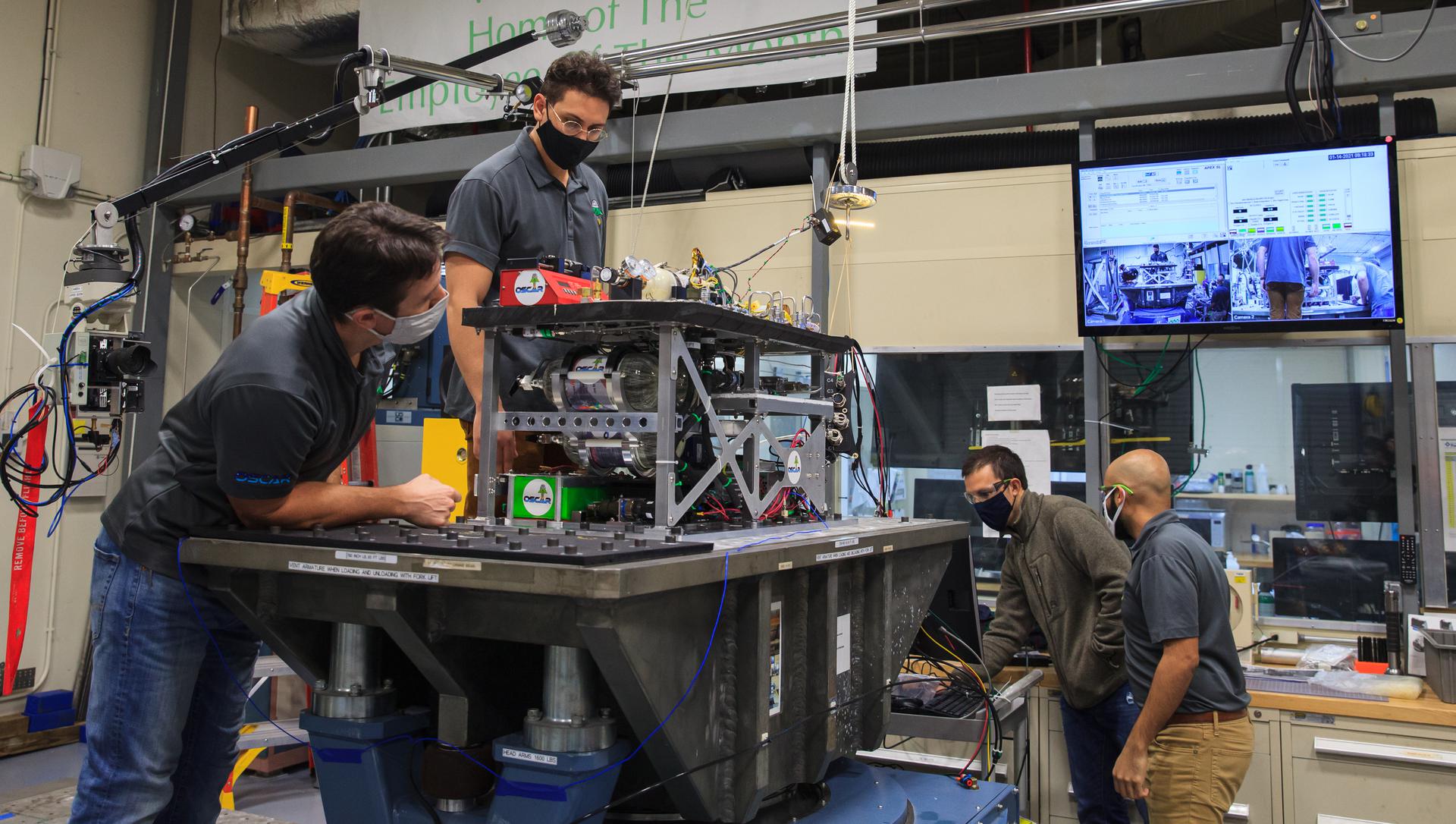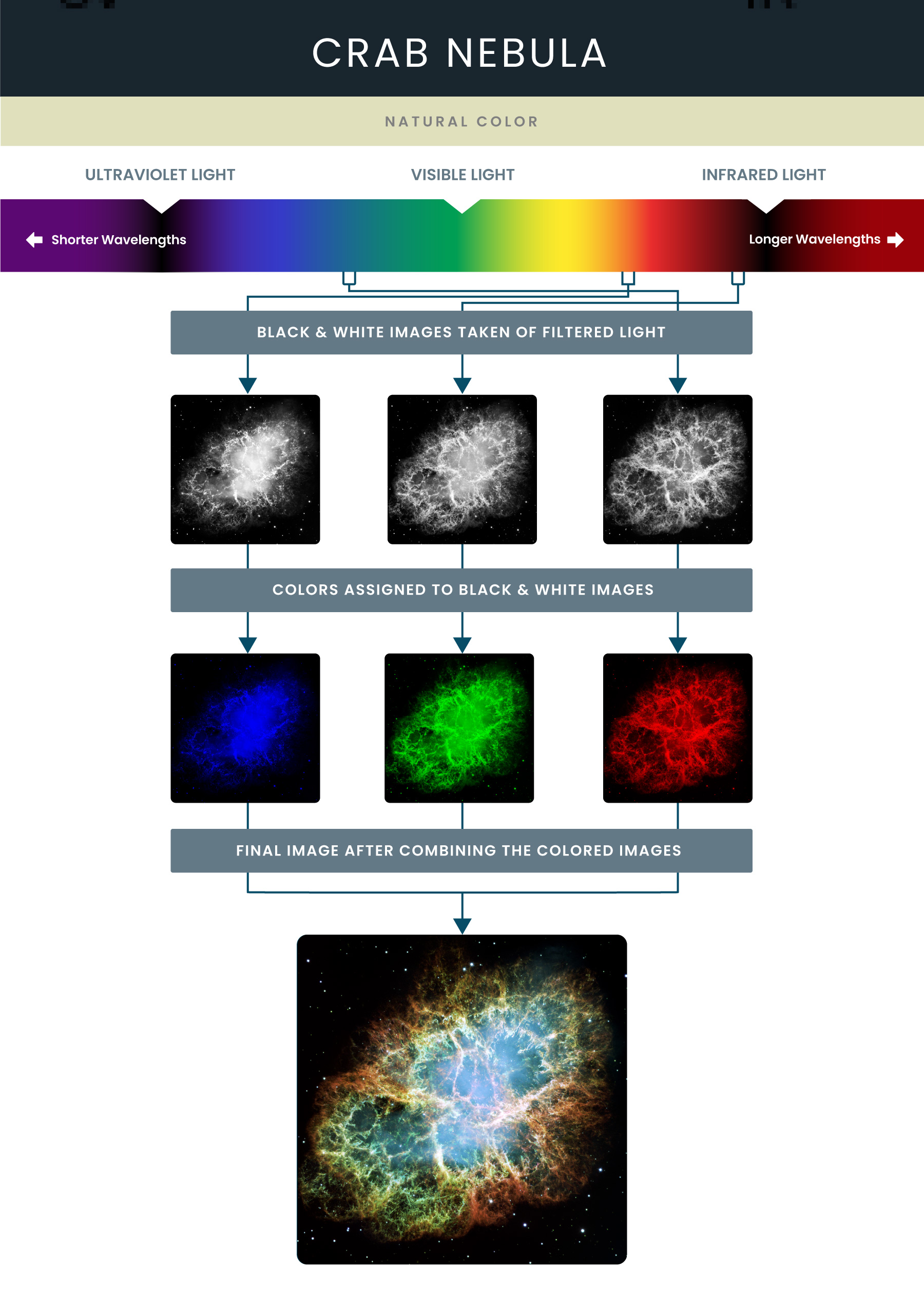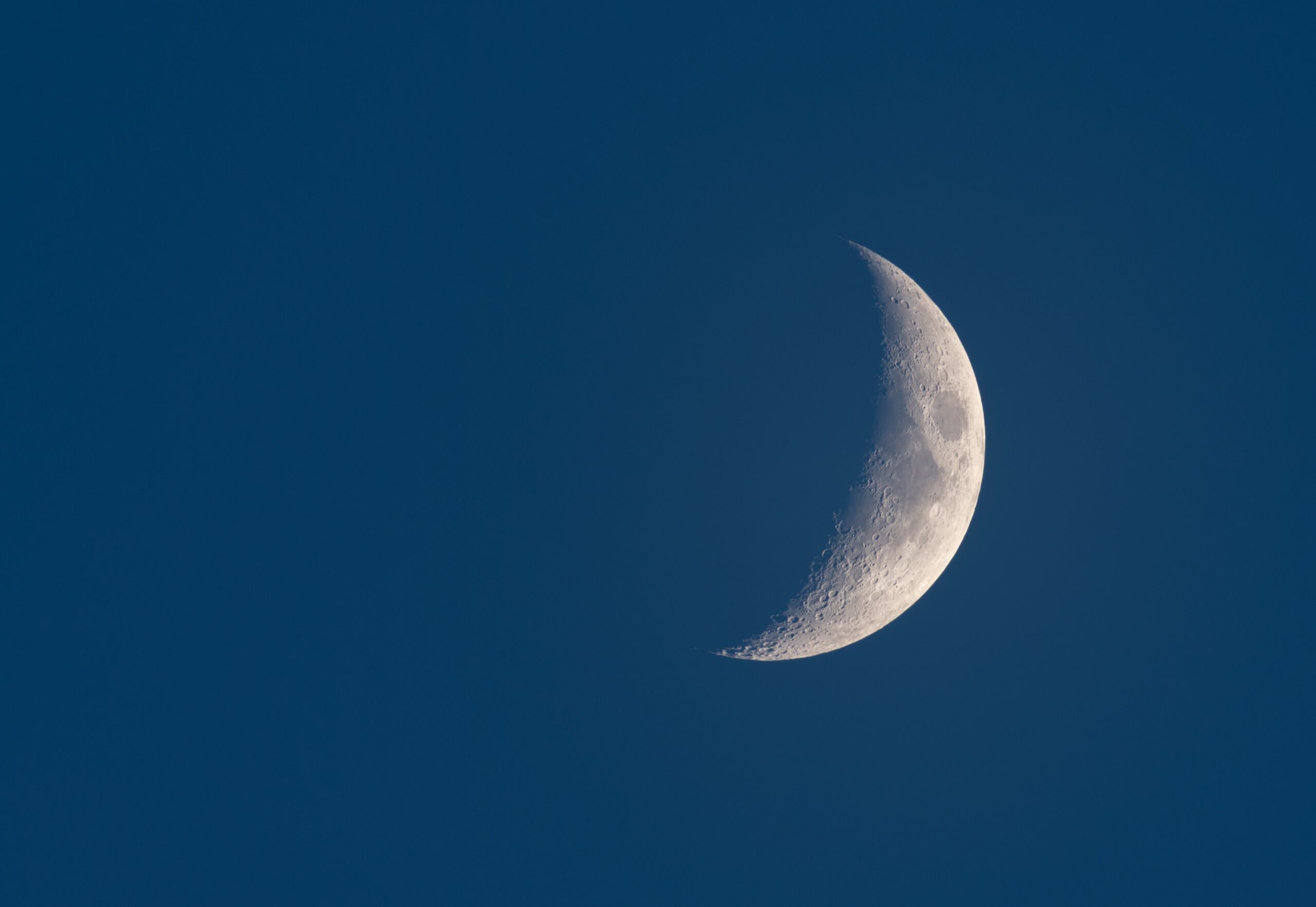Scientists Discover 3 New Strains of Bacteria on the International Space Station
A recent study that was published in the scientific journal, Frontiers in Microbiology, indicates that some researchers from the US and India have discovered a sum of four bacterial species living on the International Space Station, one of which is recognized by scientists, but the rest are unknown.
What is more interesting to know is that these bacteria, from the Methylobacterium family, are the kind that are found in soil and water here on earth. They help the agricultural process by fixating the nitrogen to stop pathogen growth, which, in turn, helps the plants to grow.
This discovery is beyond promising for space scientists who are hoping to find a practical way to grow plants in space.
“This will further aid in the identification of genetic determinants that might potentially be responsible for promoting plant growth under microgravity conditions and contribute to the development of self-sustainable plant crops for long-term space missions in future,” the study mentioned.
One bacterial strain was collected in 2011, and three others were found on surfaces of the ISS back in 2015 and 2016. Scientists are eager to learn more and are prepared to perform as many experiments as they could to find more ways to grow plants. Specifically, they are interested in researching food resources in extreme conditions, where resources are minimal outside of earth.
All these experiments are set to be held on the International Space Station in hopes of finding ways for humans to prolong their presence on the moon or Mars. The U.S. National Research Council has recommended the space agency use the ISS as a “test-bed for surveying microorganisms.”
Researchers are willing to designate the newly discovered strains of bacteria as a novel species, calling them Methylobacterium Ajmalii, to honor the Indian biodiversity scientist Muhammad Ajmal Khan, who passed in 2019.
The researchers of the study state, “Since these three ISS strains were isolated at different time periods and from various locations, their persistence in the ISS environment and ecological significance in the closed systems warrant further study,”
They also added “Needless to say, the ISS is a cleanly-maintained extreme environment. Crew safety is the number 1 priority and hence understanding human/plant pathogens are important, but beneficial microbes like this novel Methylobacterium ajmalii are also needed.”
This discovery reminds us of The Martian, a movie which was released in 2015 telling the story of a scientist who grew his food on Mars. At the time, the movie was labelled a sci-fi movie, but just over 5 years later, and scientists are already finding more ways and making new discoveries, hoping that one day The Martian won’t be any different from a family drama movie.

